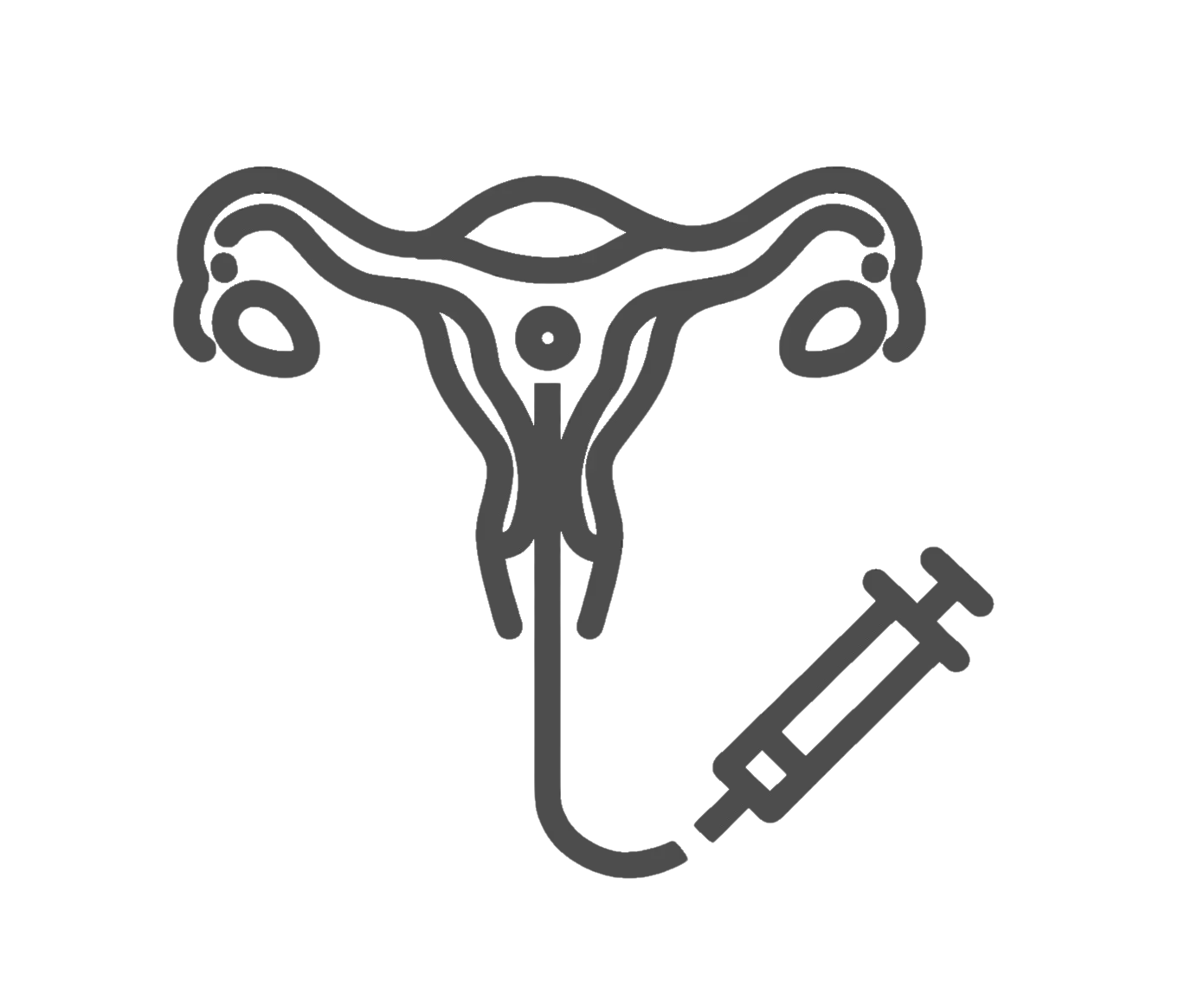Recurrent Miscarriage
Expert care for recurrent pregnancy loss with Dr. Ying Li. Learn about causes, treatments, risk factors and how to improve your chances of a healthy pregnancy.
The loss of a pregnancy through miscarriage can be devastating. Sadly, some women and their partners will experience more than one pregnancy loss, a situation known as recurrent miscarriage or recurrent pregnancy loss.
Defined as the sudden loss of pregnancy two or more times with the same partner before 20 weeks gestation, recurrent miscarriage is more common than many people realise. Around one in 20 women will experience two consecutive miscarriages. When this is the case, coming under the care of a fertility specialist with experience in recurrent miscarriage management is strongly recommended. Dr Ying Li has extensive experience in attending to recurrent pregnancy loss and is one of the lead authors of the first Australasian clinical guidelines on managing this condition.
A miscarriage can occur for a number of reasons, and in about 50% of cases, the underlying causes of recurrent miscarriage cannot be identified. For those where an explanation can be found, chromosomal abnormalities tend to account for approximately half. The other half may be caused by abnormalities of the uterus or cervix, medical conditions such as blood clotting disorders or hormonal disorders, older age, or lifestyle factors, including smoking or excessive alcohol intake. There is also recent evidence that paternal (the father’s) health can play a role in recurrent miscarriage, particularly with a condition known as metabolic syndrome.
Common Questions about Recurrent Miscarriage
Is there anything I can do to prevent a miscarriage?
If a miscarriage occurs due to a chromosomal or genetic abnormality, unfortunately there is no possible intervention. However, there are steps you can take to reduce your risk of experiencing a pregnancy loss, such as abstaining from alcohol, illicit drugs, and tobacco during pregnancy. Taking measures to avoid illness or infections known to affect a foetus can also minimise your risk, as can following expert recommendations for avoiding certain foods during pregnancy.
Is my age or my partner’s a factor for pregnancy loss?
Maternal (the mother’s) age has long been understood to be a factor for miscarriage. The rate of pregnancy loss is lowest among women aged 25-29 years at 10%, but increases to 53% for women aged 45 years and older. This is because chromosomal abnormalities become more common with older age. Sperm DNA has also been found to become more unstable with increasing paternal age, contributing an 43% increased risk of pregnancy loss for fathers over 45 years old compared to 23% for fathers aged between 40-44 years.
Do stress and poor diet increase my chances of a miscarriage?
While pregnancy, particularly in the context of a previous miscarriage, can be stressful, be assured that heightened stress and anxiety are not reasons for recurrent miscarriage. Miscarriage is also not caused by exercising, sexual intercourse during pregnancy, falls, or morning sickness. Regarding diet, studies have shown that a high intake of fruit, vegetables, dairy, grains, and seafood are associated with a reduced risk of miscarriage compared to a low intake. Conversely, consuming excessive ultra-processed foods may almost double your risk of pregnancy loss.
Are there treatments available to prevent further miscarriages?
If an underlying cause for a previous miscarriage can be found, you may be offered an appropriate treatment to increase your chances of a healthy pregnancy. For example, a blood clotting disorder known as antiphospholipid or Hughes syndrome can be managed with medications, while a weakened cervix (also called cervical incompetence), can be treated with a small procedure. For women who have suffered miscarriage with no identifiable reason, there is evidence that progesterone supplements within the first trimester of pregnancy may reduce your risk of miscarriage.
Managing Recurrent Pregnancy Loss with Dr Ying Li
Dr Ying Li is a fertility expert at the forefront of the management of recurrent miscarriage. In addition to having co-authored several academic papers in this area, he is also one of the lead authors on the first Australasian clinical management guidelines for recurrent pregnancy loss.
Having seen the heartbreak and anxiety that recurrent miscarriage can cause to couples, Ying approaches every patient with compassion, offering consultations via face-to-face appointments or telehealth. Investigating the potential underlying causes of your situation is the first step to addressing recurrent pregnancy loss, though a medical explanation is typically not identified for about half of all patients. Ying can also refer you to a counselling service if you feel this may be of benefit.
After working through the possible causes of recurrent miscarriage, Ying will then advise you on next steps, whether to optimise your fertility or your other options for starting a family.
Consulting Rooms
Level 3, 321 Kent St
Sydney NSW 2000
137 St Johns Rd,
Glebe, NSW 2037
50-52 Gloucester Rd,
Hurstville NSW 2220
Phone and Fax
T: 1300 323 297
F: 02 8212 8944
More services

PGT
Pre-implantation Genetic Diagnosis / Screening

Ovulation Induction
Ovulation Stimulation

IVF
In vitro Fertilisation

IUI
Intrauterine Insemination
